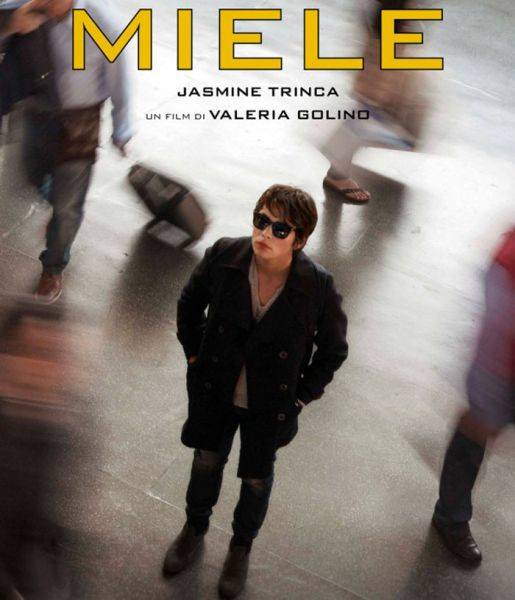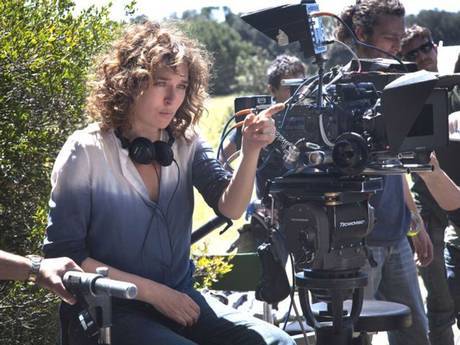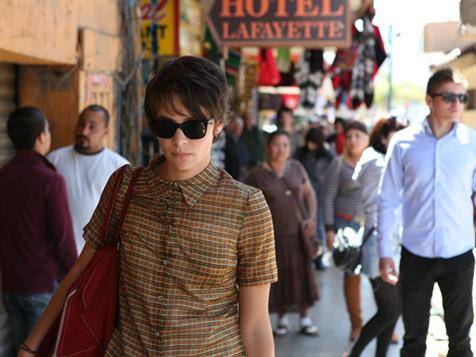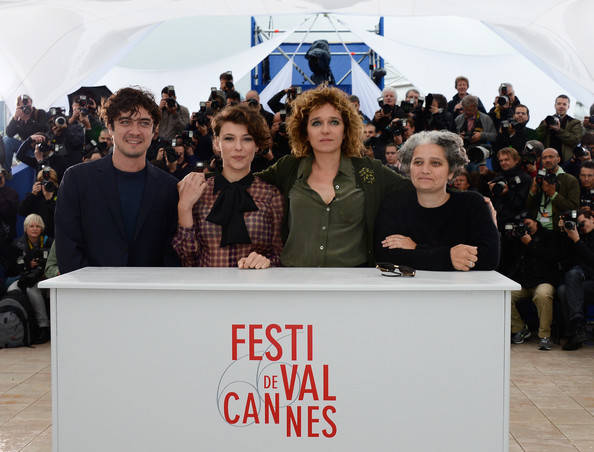“Honey,” Something to Think About …
Valeria Golino’s first first film as a director, is a daring movie from many points of view, as it touches on a taboo subject: assisted suicide.
Taboo above all because we don’t readily talk about death, especially these days. We do not like discussing how we might die, nor think about the solitude that surrounds death. It almost seems that dying is no longer part of the human condition.
If we start talking about euthanasia, the taboo becomes even more obvious.
Yes, we are facing the most confrontational of topics, one that is seldom addressed by contemporary society. Daily life, in particular that of the young, seems shaped in a way that denies the existence of death.
Golino’s movie portrays, with rare courage, the story if Irene, a young woman who helps terminal patients with assisted suicide.
The mother having passed away and with a father living in Rome, Irene lives by the sea where she takes long swims, almost cathartic when contrasted against the death that she faces daily. No matter the season, she dives into the sea with unrelenting strokes. She has studied medicine and, like much of her peers these days, she did not complete the degree.
Miele is Irene’s pseudonym. In a muffled, and at the same time neurotic manner this young lady moves in a society where her actions are considered a crime. In exchange for money, she administers Lamputal, a lethal drug for veterinary use bought in Mexico, which in big doses causes death in people.
But when a man, an engineer in his sixties, suffering from depression, asks her to complete her job, “Miele” tries her best to make him change his mind. This turns into a rough, but also a tender relationship.
Watching ‘Miele’ you are left to question yourself, and you realize that the first wrongful assumption in regard to euthanasia is thinking that it’s not going to ever affect you.
Golino throws this issue at us with detachment mixed together with sweetness, using personal, private stories.
The first part of the movie is emotionally difficult to bear, almost an agony, but it is part of a path to follow together with the director. Irene, determined to help terminal patients, could leave a viewer dumbfounded, too striking is the contrast between her young body and the death that she sees first-hand. She helps others to die and then calmly returns to her own life, to her sexual life, to her being a young woman.
Hyperactive, she even seems to use high volume music in her ears to fight off the thoughts brought on by the strange commitment she has chosen. It is the encounter with the existential crisis of the old intellectual that unhinges her apparent inner balance. Her new client questions her own identity which turns out to be fragile and less determined than what she had thought it to be. It changes her life.
"I help sick people, I am not a hired assassin," she will tell him. This difficult movie that manages to talk about death, and lets you "feel" death without showing it, has a poetic ending.
The work directed by Valeria Golino is one of a kind. Watching the movie you realize it has not been made to be liked at any cost, but rather to face a difficult issue. And this is probably the underlying strength of her directing, assisted by the superb performance by Jasmine Trinca (Irene) and Carlo Cecchi (engineer), acting in a detached and at the same time poetic way.
---
The film will be present in NYC on March 7th at the Elinor Bunin Munroe Film Center at Lincoln Center. Click here for further informations regarding tickets and showtimes:





































i-Italy
Facebook
Google+
This work may not be reproduced, in whole or in part, without prior written permission.
Questo lavoro non può essere riprodotto, in tutto o in parte, senza permesso scritto.